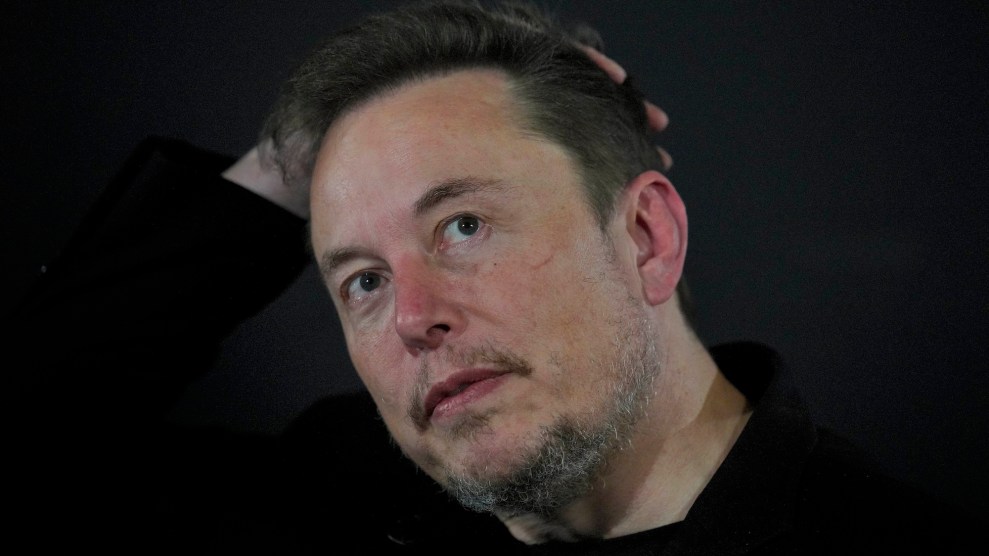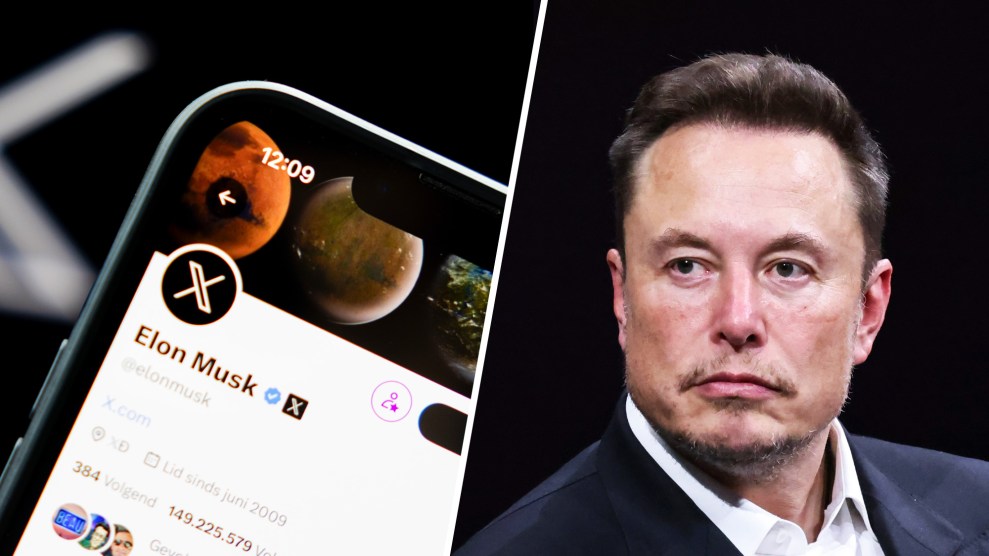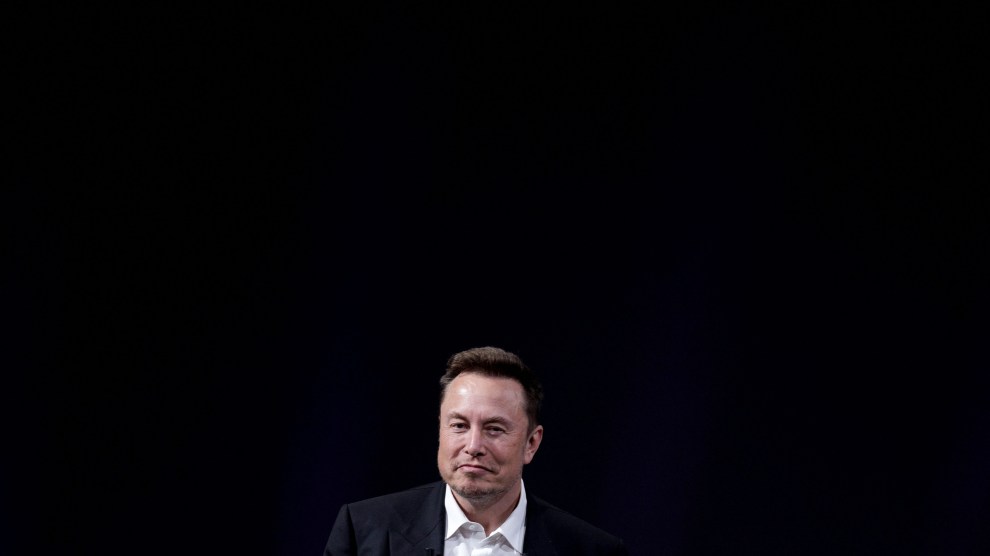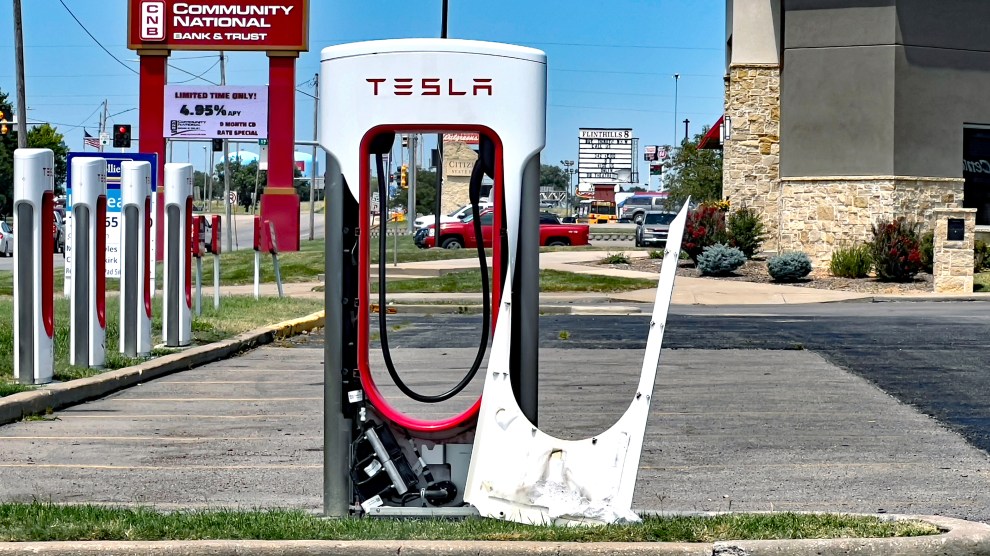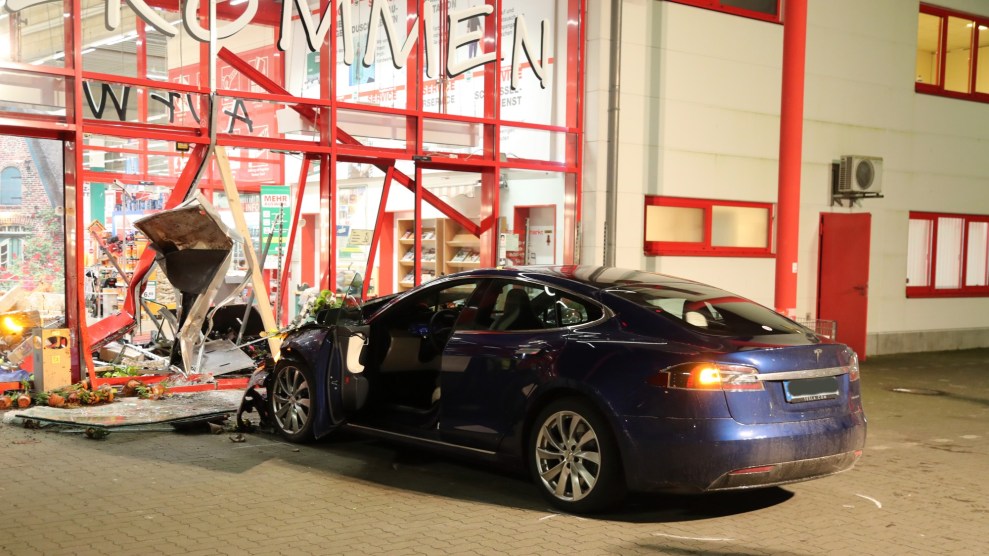
Kai Eckhardt/AP
Everyone’s favorite “self-driving” car is experiencing technical issues…again. On Wednesday, Tesla issued a recall for over 2 million vehicles due to reported insufficiencies in the software designed to monitor a driver’s attention while using the Autopilot function. It comes after a two-year investigation by the National Highway Traffic Safety Administration of over 1,000 crashes involving the self-driving function. A recent Washington Post story also detailed at least eight Tesla crashes on roads where Autopilot should not have been engaged.
If you own one of the following models, according to NHTSA, your car could experience technical difficulties:
- TESLA/MODEL 3/2017-2023
- TESLA/MODEL S/2012-2023
- TESLA/MODEL X/2016-2023
- TESLA/MODEL Y/2020-2023
Thankfully, there appears to be an easy fix: a software update that the company will reportedly provide free of charge. However, this recall is just one more bullet point in the long list of safety issues involving vehicles over the past few years. As my former colleague Abigail Weinberg reported last year, Tesla’s Autopilot function has been linked to multiple deaths.
In 2022, the NHSTA reported that Tesla made up over 68 percent of the 392 crashes involving vehicles with an advanced driver assistance system. On December 10, the Washington Post claimed that issues with the car’s “Autosteer” function—an element of the self-driving Autopilot function—go beyond driver inattention, citing dash cam footage from a 2019 crash showing a Tesla “blowing through a stop sign, a blinking light and five yellow signs warning that the road ends.” In a statement released on X, Tesla called the Post’s claims “egregious in its misstatements.” Neither the company nor its CEO, Elon Musk, have publicly responded to the recall.


